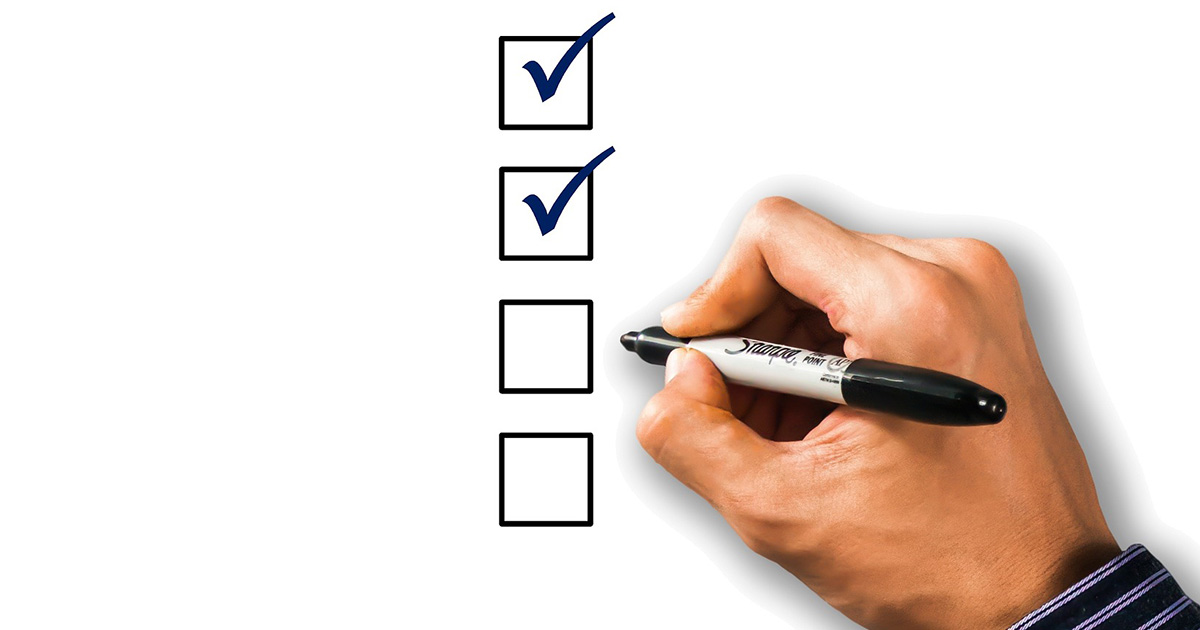Seizure Action Plans

Why is it important to have a Seizure Action (or Response) Plan?
- You and your family play in central role in your seizure management.
- Your success in managing epilepsy will depend on being prepared to tackle whatever comes your way – from understanding your epilepsy and maintaining seizure control to responding to seizures and managing your safety.
- Seizure Action Plans can help you organize your seizure information and have it available when and where you need it. A prepared plan can help you know what to do to prevent an emergency or tell others what to do in emergency situations. You can also adapt these plans to different situations in your life.
- By helping you be prepared, seizures or the fear of seizures won’t prevent you from participating and enjoying your life to the fullest.
Learn More:
Find Your Local Epilepsy FoundationHow do I make a Seizure Action Plan?
- Use these forms to help create your seizure plan.
- Print out the "Seizure Action Plan" and follow along as you work through each section. If you are missing information or don’t know what to do, write it down on your "To Do List" and "Questions For My Health Care Team." Take these forms with you to your next office visit and ask for help.
- If you are a parent of a child with epilepsy, you can use the "Seizure Action Plan" specific to schools.
- To create an electronic plan, download a seizure diary app to track and manage your seizures.
- Review your completed plan with your doctor or nurse. Make sure you have the information correct, especially the information on types of seizures and emergencies, doses of medicines, and how to respond to seizures and possible emergencies.
- After everyone has signed off on the plan, make copies!
- Keep one with you at all times – in your purse, pocket or wallet, or backpack.
- Put one in a central place in your home.
- Give one to people who are with you most frequently (if you feel comfortable with this).
- If you are a parent of a child with seizures, give one to the school nurse so appropriate people will know what to do if your child has a seizure. Make sure that your child knows you are doing this and is part of the process.
- If you or your child goes to camp or other programs where she may spend a lot of time, give a copy to the camp nurse, counselor, or person in charge. Again, make sure your child knows you are doing this and is part of the process.
- Review the plan with your health care team and family on a regular basis – at least once a year or if seizures or your treatment changes.
"Get Started Now!"
Learn More:
Contact Our HelplineResources
Epilepsy Centers
Epilepsy centers provide you with a team of specialists to help you diagnose your epilepsy and explore treatment options.
Epilepsy Medication
Find in-depth information on anti-seizure medications so you know what to ask your doctor.
Epilepsy and Seizures 24/7 Helpline
Call our Epilepsy and Seizures 24/7 Helpline and talk with an epilepsy information specialist or submit a question online.
Tools & Resources
Get information, tips, and more to help you manage your epilepsy.



